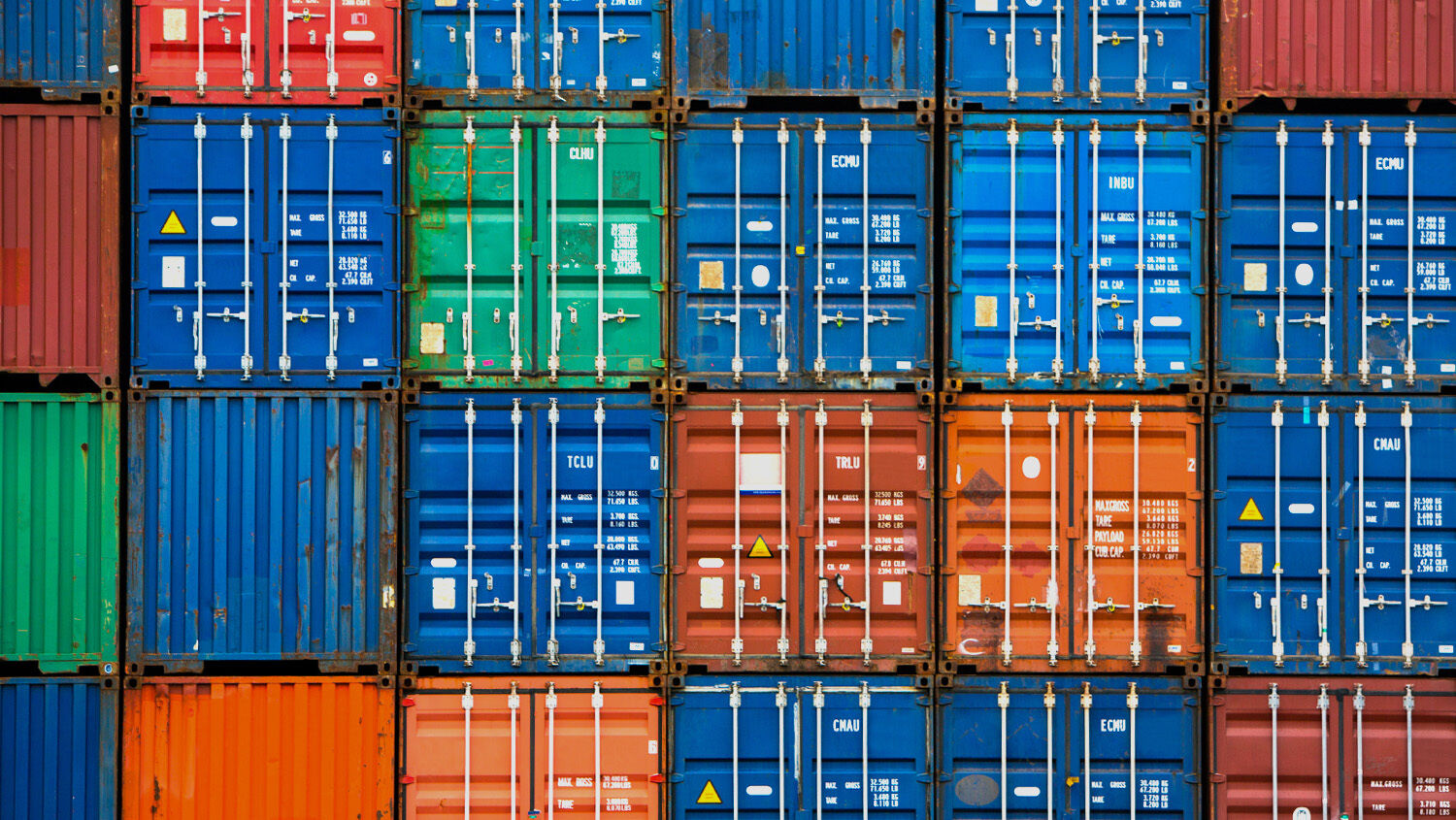
A Renewed Push for the World’s Largest Trade Agreement
A free trade deal between Europe and the South American trade bloc mercosur is nearing ratification after decades of wrangling, according to a European Commission source cited by Germany’s Handelsblatt on July 8. While European farmers are being asked to reduce their business, South America could fill the gap.
Brazil has been standing in the way of finalizing the deal after the latest draft was put forward three years ago. But German companies are working to sway the country over. This and other factors could bring a breakthrough in what would be the world’s largest trade agreement. “The agreement has been on ice for three years because Brazilian President Jair Bolsonaro cannot be dissuaded from allowing the deforestation of the Amazon rain forest,” Handelsblatt reported.
The current treaty between the European Union and mercosur demands compliance with the Paris climate change agreement opposed by Bolsonaro. Farmers in the EU fear that tariff-free agricultural produce from South America would rob them of their business. Currently the EU is forming additional clauses to address these issues.
Russia’s war in Ukraine has changed the dynamics. German think tank dgap wrote on April 19: “The economic consequences of the war in Ukraine could be the starting point for closer and broader economic relations between the EU and Latin America.”
Furthermore, German-Foreign-Policy.com noted Germany’s agricultural and chemical giants Bayer and basf are using their economic and political influence to promote the conclusion of the free trade agreement in Brazil. Along with other German companies in Brazil, Bayer and basf have access to relevant business associations, government officials and President Bolsonaro.
The German agricultural giants are hoping to make a large profit from the free trade agreement. The European Chemical Industry Council noted: “The trade agreement … eliminates tariffs on 90 percent of chemical exports, which are currently subject to import duties of up to 18 percent.”
German-Foreign-Policy.com also noted that EU Research Service expects the trade agreement to increase mercosur’s market share of European food imports from the current 17 percent to 25 percent by 2025. This would mean more farming in Latin America and thus increase the pesticide sales there—from which Bayer and basf would once again profit. The two companies are also working to eliminate poison-control regulations in Brazil to increase their sales.
The European Commission, aware of the expected larger inflow of agricultural goods from Latin America, promises to support domestic farmers with up to €1 billion (us$1 billion).
Handelsblatt quoted a senior European Commission representative saying: “The mercosur agreement is the most important the EU has ever concluded.” She noted that the savings from eliminated tariffs would be €4 billion.
The Trumpet and its predecessor the Plain Truth predicted that Europe and South America would form an alliance. Trumpet editor in chief Gerald Flurry writes in his free booklet Isaiah’s End-Time Vision:
Herbert Armstrong long prophesied, and we expect, the alliance between Europe and South America to grow extremely strong. The most significant factors that will cement this connection are religion and language: Roman Catholicism is the dominant religion of Latin America.
The May 1962 Plain Truth boldly declared under Mr. Armstrong’s direction that “the United States is going to be left out in the cold as two gigantic trade blocs, Europe and Latin America, mesh together and begin calling the shots in world commerce.”
There are good reasons for this alliance. The two have strong cultural links, going back to the Holy Roman Empire under the stewardship of Charles v. The two continents share common languages and are home to a large Catholic population. These religious links were further strengthened when a Latin American cardinal became the pope.
But these links have also been exploited repeatedly. Europe exported its brutal inquisitions to the new world. More recently it has been well documented that the Catholic Church used its existing connections in Latin America to help Nazis escape through the so-called ratlines (read “Ghosts of the Ratlines”). As Curt Riess points out in The Nazis Go Underground, the Nazis set up a vast system in Latin America to ensure that their operation after World War ii would survive.
Furthermore, the parent company of basf and Bayer, IG Farben, enabled Adolf Hitler’s war machine. After the war, the Allies forced the company to split up. Today, many of its daughter companies are more powerful than IG Farben ever was, and they are cooperating to sway political decisions.
Europe is turning its back on the U.S. and seeks to pull Latin America to its side. At the same time, curses are besetting America that endanger its food supply, as prophesied in Deuteronomy 28. This chapter prophecies that starvation—caused by various curses and economic besiegement—is coming to the end-time nations of Israel, primarily the United States and Britain. “And he shall besiege thee in all thy gates, until thy high and fenced walls come down, wherein thou trustedst, throughout all thy land: and he shall besiege thee in all thy gates throughout all thy land, which the Lord thy God hath given thee” (verse 52).
This prophecy shows that when Americans go hungry, no one will help the nation that has helped millions around the world. Will Europe’s current trade negotiations lead to this?
To help you find the answer to this question, I encourage you to order a free copy of our booklet He Was Right. This booklet will lead you in a thorough study of your Bible and help you understand current events. Also read “America Is Being Besieged Economically.”
